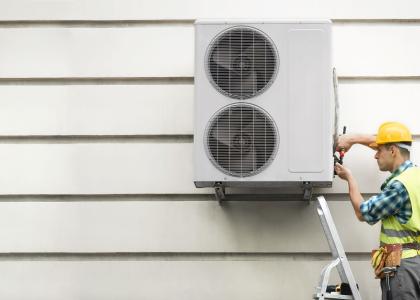Washington, DC—The American Council for an Energy-Efficient Economy released the following statement from Avi Mersky, senior transportation researcher, in response to EPA’s 2021 Automotive Trends Report. This report shows that 2020 model year vehicles fell far short of the 4.3% annual efficiency improvements targeted in federal standards:
“The automakers’ performance presented in the EPA report is a big disappointment. We’re facing a climate crisis, yet automakers are producing cars that are barely more fuel efficient on average than what they sold a year earlier, even as technology improves. They’re following the letter of the standards but exploiting all the weaknesses in the regulation to keep making gas guzzlers. It's terrible for the climate and it costs drivers at the pump, especially now as gas prices are increasing.
“EPA has a critical opportunity in its pending update of vehicle efficiency standards to eliminate the various incentives, credit schemes, and multipliers that the manufacturers inevitably exploit. The agency can learn the lesson and eliminate these ’flexibilities’ to help ensure the targets it sets now are actually met.
“The problem is compounded by the automaker-led shift to larger, heavier, and more-expensive vehicles. Fuel standards are set by vehicle size, allowing automakers to repeatedly miss the topline fuel economy targets. In future standards, EPA should put a floor on year-over-year increases in average efficiency, regardless of trends in vehicle size.”
Background
Today’s EPA report shows that 2020 model year light-duty vehicles had an average fuel economy of 25.4 miles per gallon, a 2.0% improvement over 2019 vehicles. Federal standards for 2020 model year vehicles—finalized in 2012—targeted a 4.3% improvement over the previous year’s vehicles. The Trump administration’s SAFE rule weakened standards only for subsequent model years.
ACEEE submitted comments to EPA in September on its proposed standards for model year 2023-2026 vehicles, calling for the agency to remove a number of proposed incentives, credits, and multipliers that would reduce the effective stringency of the standards.


